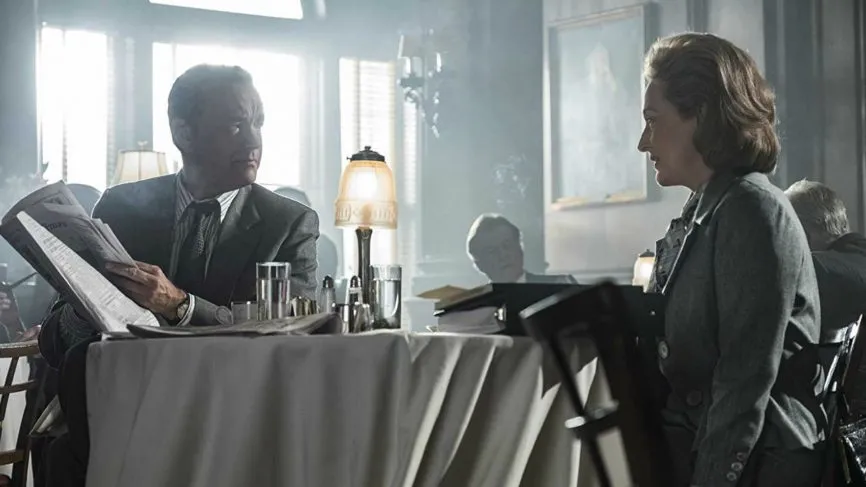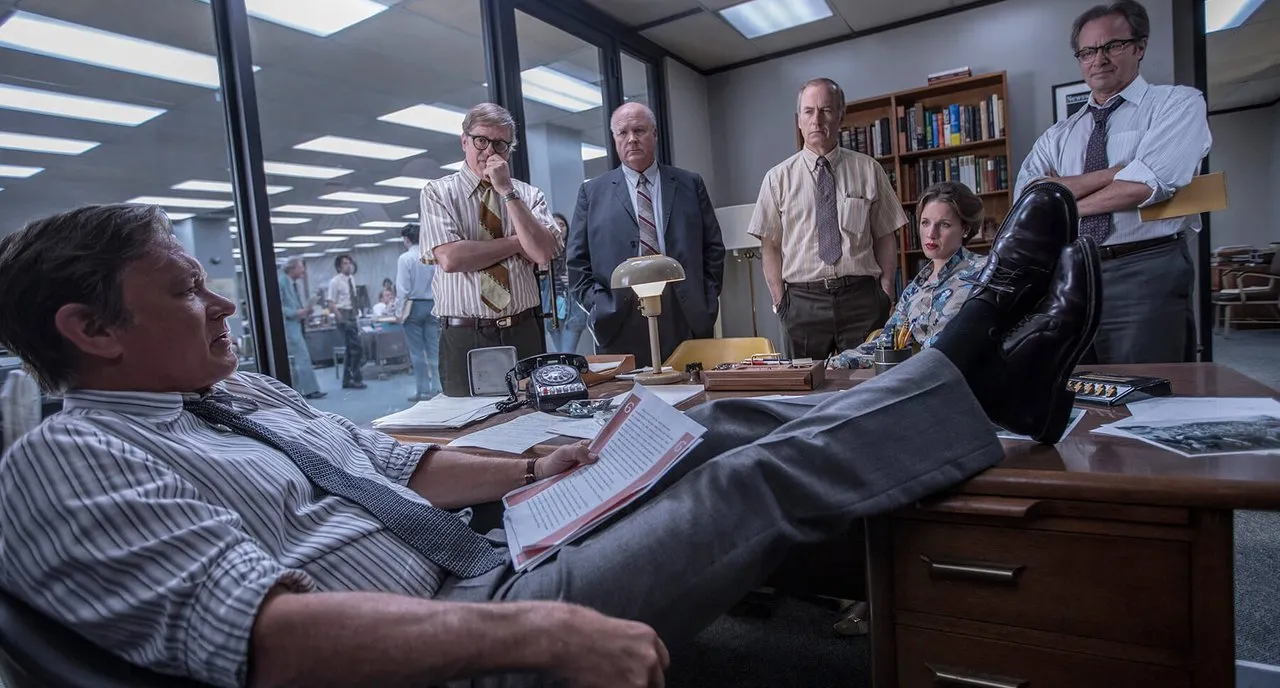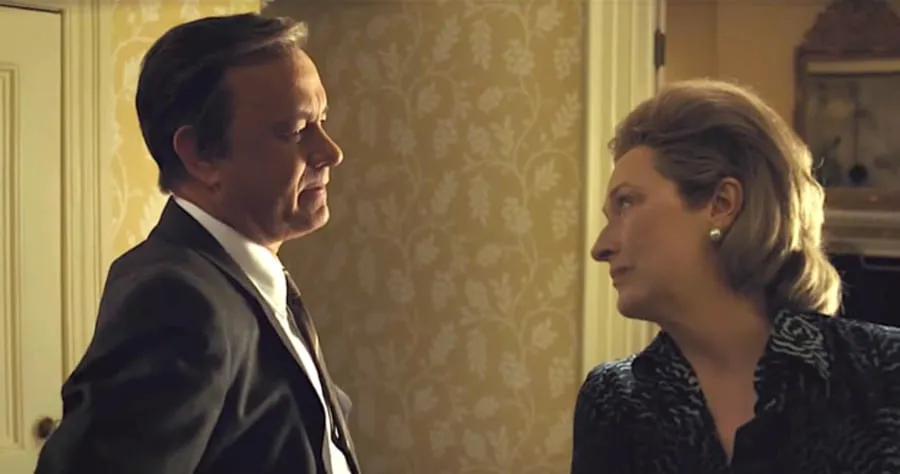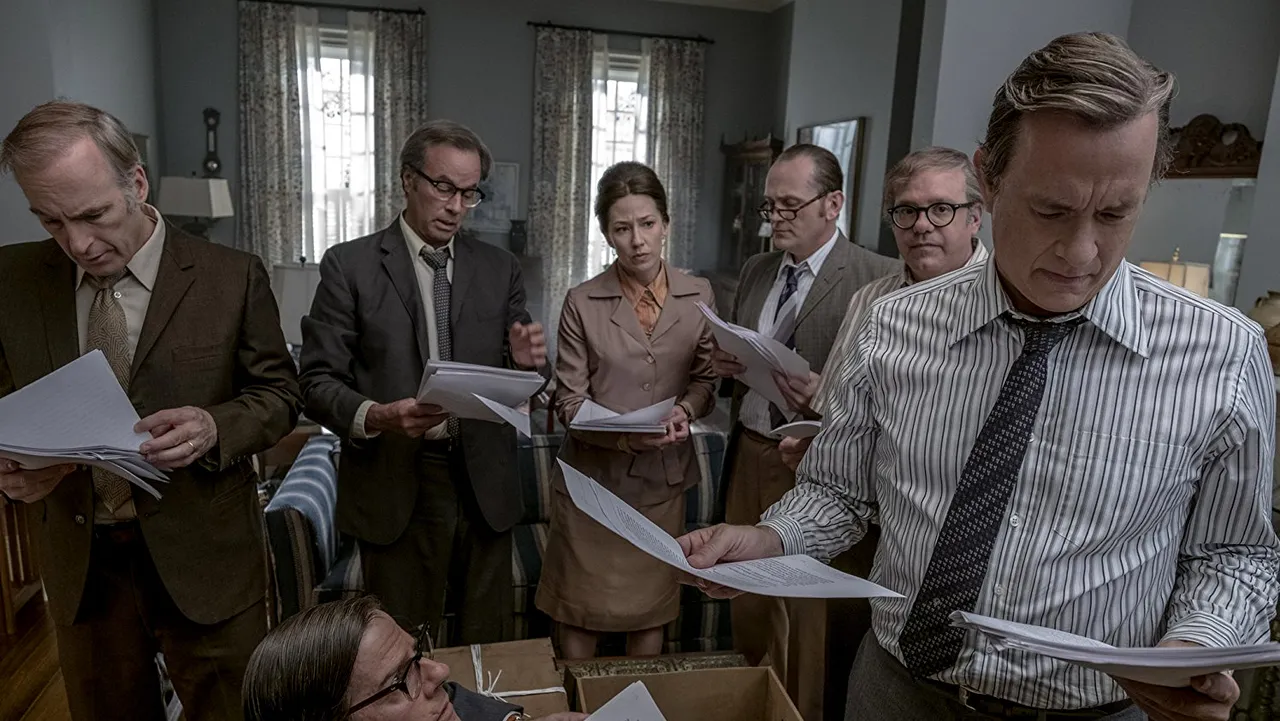
Last year's US news and, consequently, our own, was marked by great intolerance between the media and President Donald Trump, which began even during the election, when almost all media outlets denied any possibility that Trump would win, ridiculing his character, work and the idea that he competes as a candidate. However, the American businessman turned out to be stronger than omnipresent media pressure, and last year we witnessed even more intense attacks from the media, but also those of Trump's personal Twitter profile. As an example in a series of presidential ideas, we can mention the recent request to ban the sale of the allegedly controversial book about his coming to power.
In the verbal warfare of the US president and the media, there are a number of interesting problems for consideration within all spheres, both in the film industry. For example, as the US media have managed to maintain the illusion that Trump will not win until the last moment, or who are today's journalists whose job is to track the mood of Melanie Trump.
Because of ubiquitous digitization, the media are undergoing a major transition, and on the one hand, they are faced with a lack of credibility by society and the lack of freedom of expression by politicians and investors.
There is a lot of material to scratch in the current media crisis, but on the example of the film about which I am writing today, a well-known Hollywood form is not repeated immediately, but through the prism of some of the most remarkable historical events, constructs a carefully selected and arranged story that will to give a touchy, but superficial lesson and hope to the unsettled present.

Takeover of investigative journalism
The Post discuss The Washington Post at the time of the discovery of the Pentagon Records that have proven that the US Summit has been concealing the truth about the Vietnam War for years, in terms of its scale, inefficiency and real intentions. The discovery of the file is the beginning of the unraveling of many scandals that under the joint name of Watergate shook the American society to the very top of the state, which ultimately results in the resignation of former President Richard Nixon. It's the time of the rise of investigative journalism that has revealed to the public a complex network of political scandals, and for this, with the New York Times, the local newspaper The Washington Post, whose importance and reputation has grown considerably after these events, is credited then.
The second part of this story, the one related to the Watergate affair, is recorded in the praised political thriller All the President's Men, directed by Alan Pakula from 1976, which is still considered one of the best films of journalistic topics. Regarding the events unfolding, Spielberg's The Post is a kind of prequel to Pakula's film because it merely follows the discovery and publishing of the Pentagon Papers, and the store stops where All Presidents Men start - breaking into the headquarters of the National Board of the Democratic Party at the Watergate Complex in Washington.

Hanks and Streep
The film is divided into two narrative lines: one is following the chief editor of The Washington Post, Bena Banks (Tom Hanks), who strives as soon as possible to convey the secret of a study on the Vietnam War, leading him to race with a much stronger The New York Times who already owns papers but and rulers who at all costs try to suspend disclosure of secret documents;
The second line is following the owner of The Washington Post, Meryl Streep, who inherited the title after a spouse's suicide. In a position that a woman at that time didn't even think about, Graham is struggling to find her own voice among male colleagues, and things get drastically complicated when she has to decide whether to put the business success, good relations with senior officials and ultimately their own freedom by announcing a controversial study.
A good rhythm of The Post maintains the interweaving of these two lines with a predominantly physical presentation of the entire journalistic activity - from meetings or travel to the display of the entire printing press and Janus Kamiński's camera enriches the film with methods and solutions that are more dynamic and diverse than those we are used to in movies of similar themes . Of course, this goes to the fact that the film does not only consider the historical event, but also the characters and their internal changes.

While Tom Hanks, as the great editor doesn't bring anything more special than standard Tom Hanks, Meryl Streep offers a very convincing look at Kay Graham, who is devoted to the function of the owner, but there is no strength or security to convince herself and others of her position and ability. Streep's role as a highly uncertain woman was so subtly shaped that filmmakers were worried about whether the audience would understand how much Kay Graham was a great woman, despite her behavior, so they sadly had to explain it to the audience in the second part of the film in the speech from Bradley's wife.
But this Spielberg lesson doesn't stop there, at the end of the film, we testify to the strange young girls who watch Kay after a court case for free publication of the file, and the scene takes place with the touching John Williams music.
The amount of pathetic almost makes up the recent Oprah Winfrey effect.
Thus, another very interesting historical event is reduced to visually appealing, periodically tense and emotionally shaped support and comfort to viewers who lose faith in the truth and positive changes, with a message to women to persevere their place in this world. Moreover, the director was so concerned about the sexual correctness that the famous journalist Meg Greenfield (a striking Carrie Coon) was given space and importance in the film as she didn't have in those early days of her work at The Washington Post.
Thus, in Spielberg's hands, history has once again been devoted to removing distrust in a miserable present.